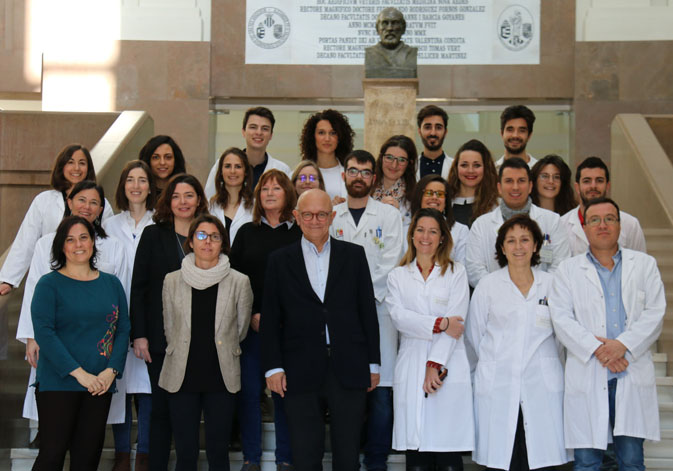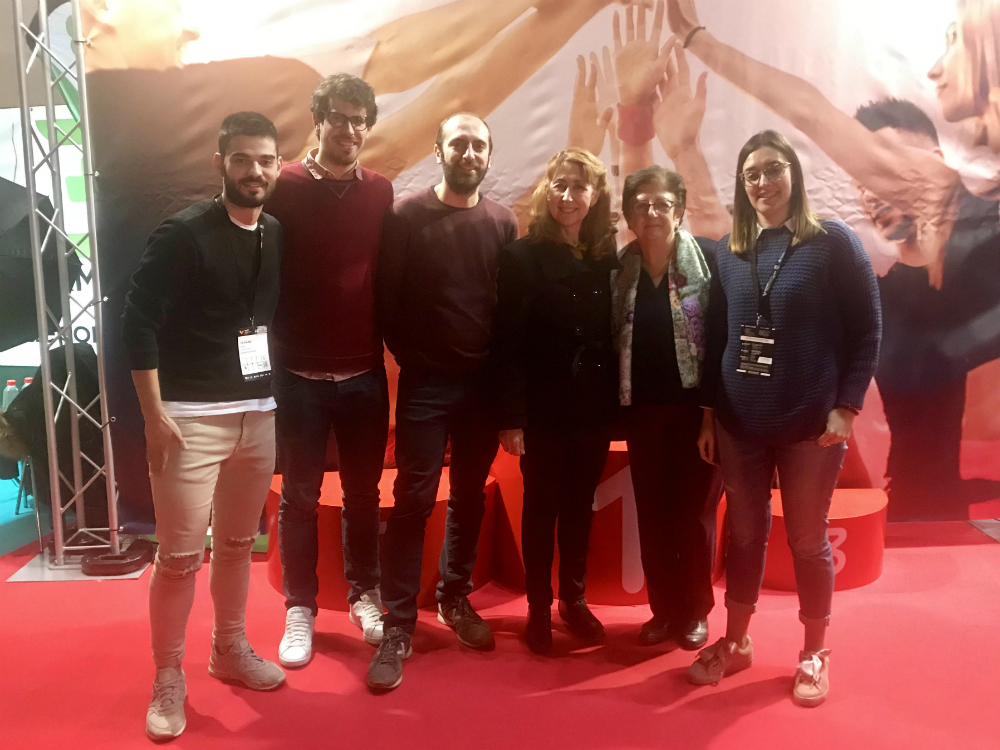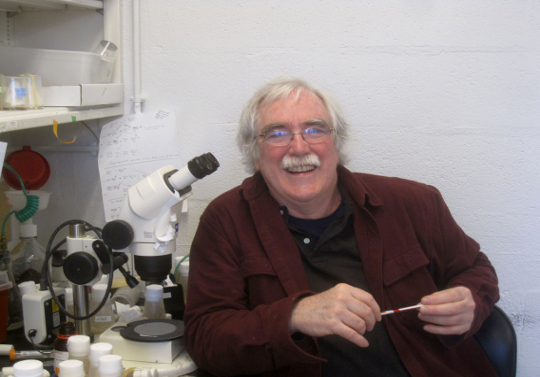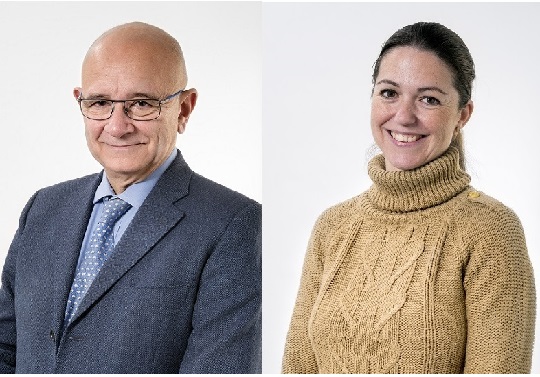
A collaborative research between the Spanish National Research Council (CSIC), the INCLIVA sanitary research institute and the University of Barcelona in which Mª Carmen Gómez Cabrera and José Viña (University of Valencia) participate shows that physical exercise can mitigate some age and aging-related brain losses. The study has been published in the journal Scientific Reports.
3 april 2019
In the article, co-directed by Coral Sanfeliu, researcher at the Higher Council for Scientific Research at the Biomedical Research Institute of Barcelona (IIBB), the scientific team has evaluated whether long-term sports training can delay the onset of physiological memory loss and promote its maintenance as aging occurs. The research has involved athletes from the clubs of veterans XV Matusalem Rugby Sant Cugat and King’s Pebrots, and also of the Club de Rugby Barcelona.
Mª Carmen Gómez Cabrera, professor of the Department of Physiology of the University of Valencia and INCLIVA researcher, explains that for the study “a total of eighty-six healthy men of ages between 17 and 68 years were recruited. Among them we include a middle-aged group of rugby players with an average of between 15 and 35 years of sports practice”.
The work analyses biomarkers. As the research concludes, physical training allows to modulate various factors involved in molecular communication, through factors released in the blood, between the skeletal muscle and the brain. These factors, such as the cathepsin B (CTSB) enzyme and the brain-derived neurotrophic factor (BDNF), are related to neuronal survival.
Memory tests in veteran rugby players and control subjects of the same age were conducted by David Bartrés Faz, neuropsychologist researcher at the Faculty of Medicine of the University of Barcelona and the August Pi i Sunyer Biomedical Research Institute (IDIBAPS)).
Coral Sanfeliu, from CSIC, IDIBAPS and from the Centre for Network-based Biomedical Research, Epidemiology and Public Health (CIBERESP), stresses the importance of this approach: “Studies in veteran athletes who exercised for most of their lives provide a new perspective to understand the impact of long-term training in aspects such as neuroprotection”. The researcher adds that, in fact, in rugby players significant improvements in free and facilitated recall tests have been found when compared with subjects of the same age, but sedentary. These tests, known as FCSRT for short, serve to measure verbal learning and memory.
These results were accompanied by significant changes in the peripheral levels of BDNF and CTSB molecules in the trained group, both in the middle and younger ages. Gómez Cabrera confirms the effect of persistence in sports, since BDNF and CTSB levels correlated inversely with the weekly hours of exercise. A significant decrease in plasma malondialdehyde, an index of oxidative damage, was also detected in trained middle-aged and young subjects.
Positive impact of long-term exercise
These results support the positive impact of long-term exercise training to delay the onset of physiological memory loss and associated peripheral neurotrophic and redox modulation, which helps maintain memory with aging. In addition, they suggest the effectiveness of exercise as a preventive strategy against memory loss related to age and neurodegeneration, especially in pathologies in which this loss is a hallmark as is the case of Alzheimer’s disease.
The decrease of learning capacity or memory and neurogenesis of the hippocampus are some of the normal consequences of brain aging. Prevention is a key element to counteract its effects. Therefore, one of the challenges is to find and promote preventive strategies that can be implemented early. These are fundamental against the epidemic of cognitive deterioration and dementia, which have become a serious problem at a social, economic and human level.
“Sports clubs of veterans like the ones in this study, XV Matusalem Sant Cugat and King’s Pebrots, do a great job of promoting health by maintaining sports activity beyond the usual period of youth”, the researchers point out.
The teams participating in the work are José Viña, Mª Carmen Gómez Cabrera and Adrián de la Rosa (Department of Physiology of the University of Valencia, INCLIVA and the Centre for Biomedical Research in the Healthy Fragility and Aging Network (CIBERFES)); Coral Sanfeliu and Rubén Corpas (CSIC, IDIBAPS and CIBERESP); Mercé Pallás (Pharmacology and Pharmacognosy Unit of the Faculty of Pharmacy and Food Sciences of the University of Barcelona) and Elisabeth Solana and David Bartres-Faz (Faculty of Medicine and Health Sciences of the University of Barcelona and IDIBAPS).
This study has been developed thanks to a research grant awarded in 2014 by the Institute for Catalan Studies, Barcelona, within the program “Ayudas Mario Sàlvia i Ferret to Encourage Research in Biomedicine and Lifestyles”.
Article:
De la Rosa, A.; Solana, E.; Corpas, R.; Bartrés-Faz, D.; Pallàs, M.; Vina, J.; Sanfeliu, C. & Gómez-Cabrera, M. C.: «Long-term exercise training improves memory in middle-aged men and modulates peripheral levels of BDNF and Cathepsin B». Sci Rep. 2019 Mar 4;9(1):3337. doi: 10.1038/s41598-019-40040-8. PMID: 30833610
Access to the article: https://rdcu.be/bpon1











